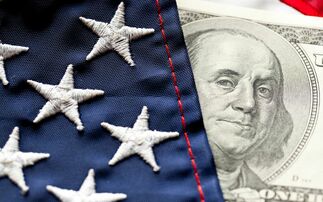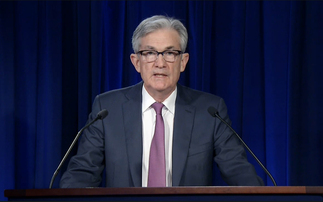Investing sustainably should not mean sacrificing returns, and today the notion that the former inevitably leads to latter seems to be losing credence, writes David Harrison, manager of the Rathbone Global Sustainability fund.
Even in the US business people, perhaps famous for the singular pursuit of profit, are coming around to sustainability considerations.
It is certainly the clear impression I was left with after my recent visit to the spiritual home of 'maximising shareholder value'.
While in the States, I was struck by how far the conversation around sustainable investing has come.
ESG drives outperformance as 'social' focus begins to see gains
The US has lagged Europe and the UK with regards to ESG and sustainability. While the can-do US business culture is one to be admired, being a good corporate citizen has sometimes been a secondary consideration for US management.
However, for what feels the first time, US investors have been asking about ESG.
Changing attitudes
The key aspect that stands out from my recent visit is how much more attuned US companies are to sustainability compared with a few years ago.
Firms are giving farmers the tools to become laser-efficient with resources, small businesses are investing to reduce water use and massive corporations are trying to reduce their mark on the environment and improve society in their own backyards.
Conditions are ripe for sustainable practices to become a necessity in the US - those that pay lip service could get burned.
Bad customer experiences and poor practices can spread quickly, destroying a brand and hurting sales. Boycotts and protests could become very dangerous indeed.
Companies are seeing this risk and making changes. As more companies get involved, I hope, all of society will see the imperative of sustainable lifestyles and commerce.
Which technology companies are most ESG-friendly?
Take recycling. At a conference in Florida, a waste management chief executive spoke about getting a call out of the blue from the head of Starbucks.
The coffee chain has a massive waste problem and needs help; somewhere in the region of six billion disposable cups are thrown out each year, each one taking about 20 years to break down.
The waste management company saw a huge growth area (staggeringly, Starbucks accounts for just 1% of disposable coffee cups globally), and is now preparing to ramp up its recycling operations.
If you had mentioned ESG in Florida a few years ago, you would have been laughed at. Now you can hear these issues being discussed all around.












